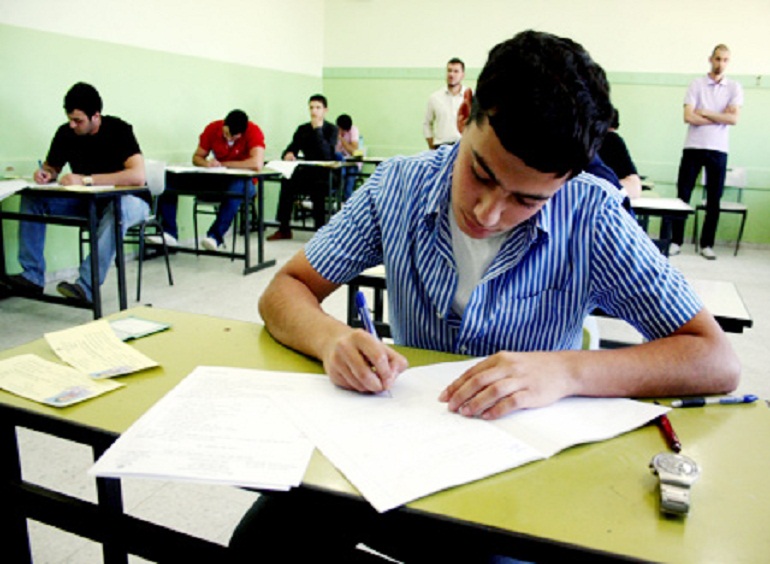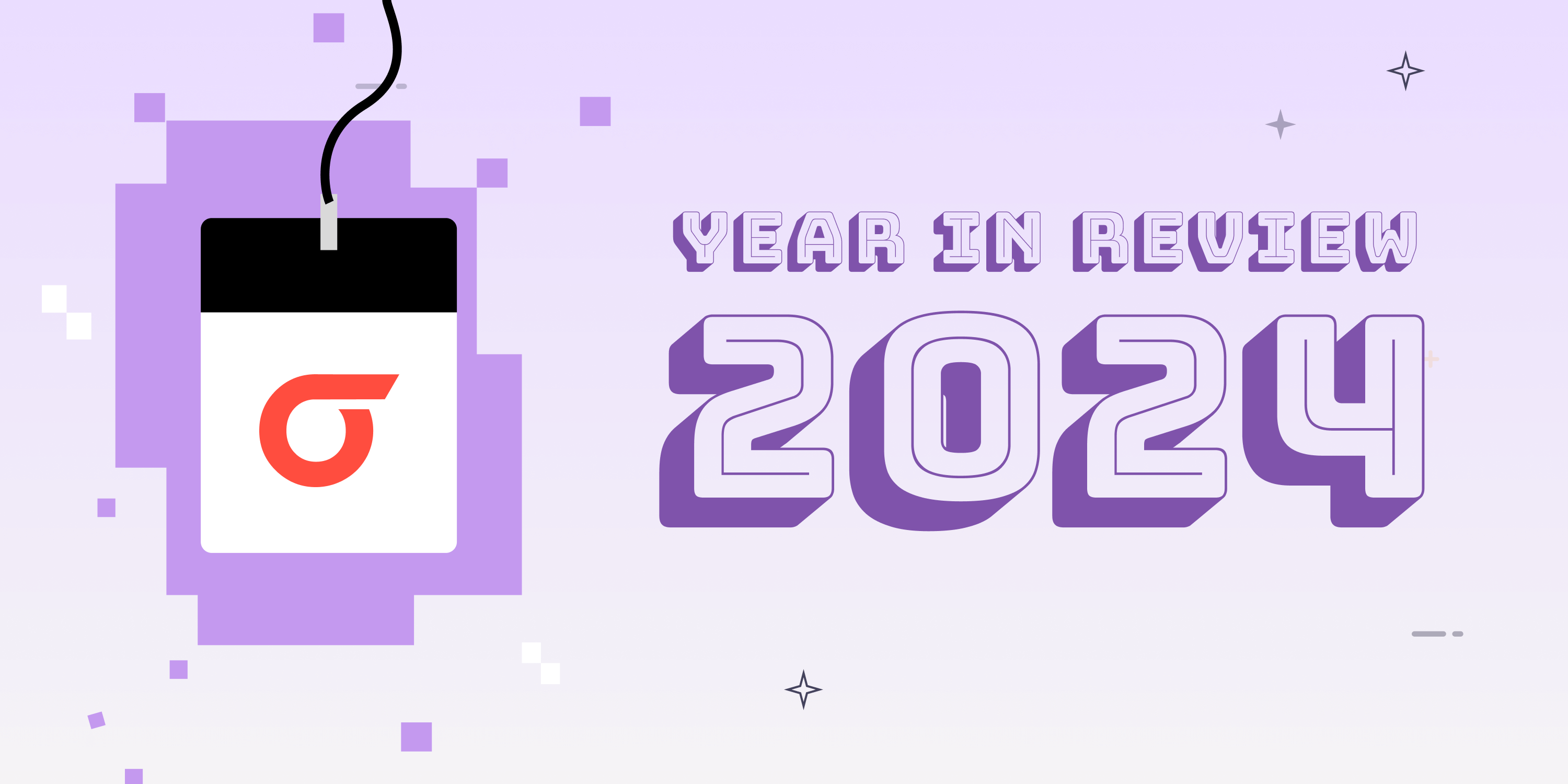The financial gap needed to meet the United Nations’ Sustainable Development Goals (SDGs) in the Middle East, Africa, and Southern Asia (MEASA) region by 2030 has expanded to nearly $5trn annually, according to the third annual report from the Transition Investment Lab (TIL) at NYU Abu Dhabi.
The report, titled “The Great Reallocation: Mobilising Capital for Transition Investment,” cites a convergence of economic, environmental, and geopolitical challenges – often referred to as a “polycrisis” – as a key contributor to the widening gap. Last year, the estimated gap was $4.3trn.
Despite the challenging landscape, the report identifies several ways UAE and global institutional investors can utilise “transition investment,” a strategy aimed at achieving both socio-economic impact and financial returns, to address the shortfall.
The report, launched at the Transition Investment Workshop at NYUAD, highlights the UAE’s unique access to emerging markets in the MEASA, positioning the region to channel investment and offer transformative growth opportunities. The report also underscores the MEASA’s high economic growth potential while acknowledging the region’s significant socioeconomic and environmental challenges.
“There is a burgeoning investable universe that offers the opportunity for investors to make progress on the SDGs while generating positive risk-adjusted returns,” said Bernardo Bortolotti, Executive Director of the Transition Investment Lab. “The report explores these areas and how transition investment can allow investors to preserve the sustainability agenda amid the current geopolitical disruptions.”
The report notes that progress in key areas such as poverty reduction and access to education has stalled due to recent global disruptions. Since 2021, global net inflows into ESG funds have shrunk and even entered negative territory in the fourth quarter of 2023, reflecting growing investor scepticism. Similar trends are evident in private markets, with an 18 percent decline in ESG-aligned funds managed across sectors like private equity, infrastructure, and real estate.
Antonio Miguel Ribeiro, Head of Investment Risk at Mubadala, remarked, “We stand at halftime and progress towards more than a third of SDG targets is stagnating or regressing. Transition investing can help reverse this trend and enable private market investors to seize attractive investment opportunities in MEASA.”
Peter Lejre, CEO of MEASA Partners, added: “We firmly believe that the population and economic growth of the MEASA region provides for compelling financial risk-adjusted investment opportunities.
However, the current underweight investment allocation to the region could easily result in significant social and environmental risks that will have global consequences. Accordingly, we see the need to find new ways to attract capital from long-term institutional investors to the region. The work done at TIL is critical to support awareness building about regional opportunities as well as an alternative approach to evaluating the impact of investments made.”
The Transition Investment Workshop brought together financial institutions, asset managers, researchers, and policymakers to exchange knowledge and best practices on unlocking large-scale investments in socially impactful projects in emerging and lower-income countries. The event aligns with TIL’s mission to meet the highest academic standards while providing strategic thinking and actionable solutions to investors and to contribute to positioning Abu Dhabi as a global hub for SDG-aligned investments along the priorities and principles of Abu Dhabi Economic Vision 2030.
Established in 2021, Stern at NYUAD’s TIL is a centre of excellence and knowledge hub for financial research on sustainable investment in emerging and lower-income economies.





















Discussion about this post